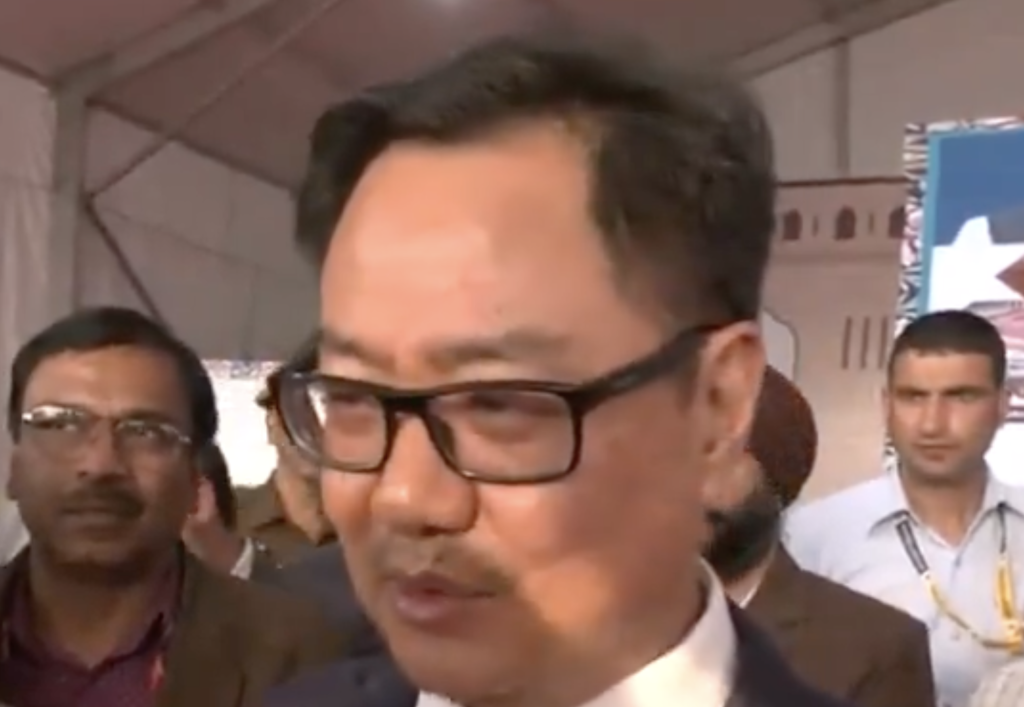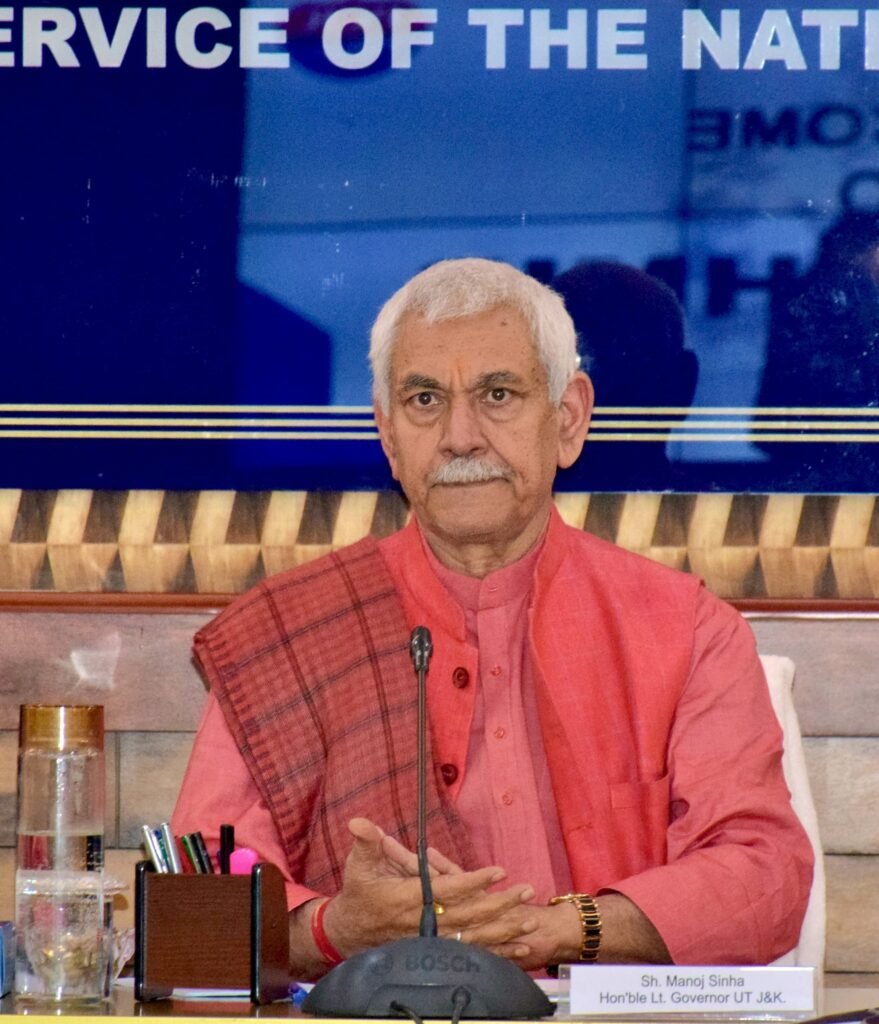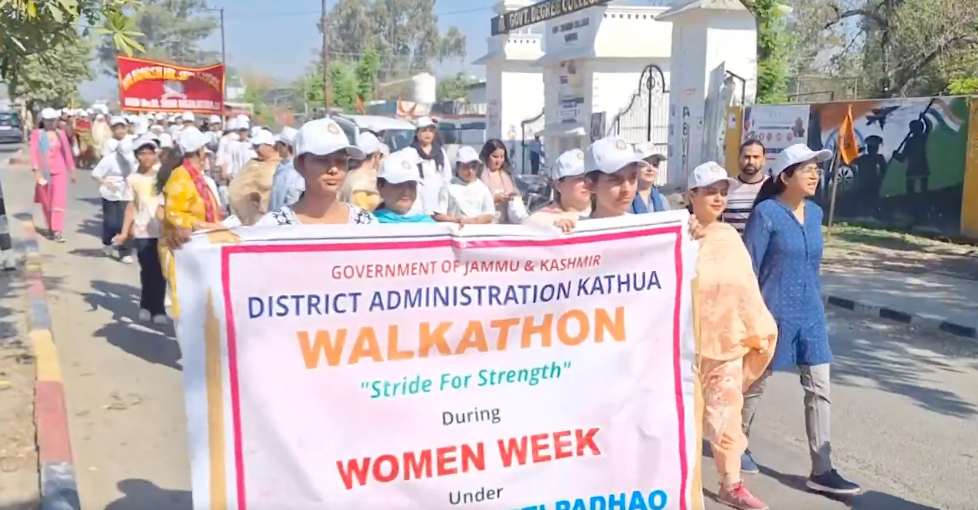Srinagar, Jammu and Kashmir, April 06, 2025 – Union Minister of Parliamentary Affairs and Minority Affairs, Kiren Rijiju, addressed the ongoing debate surrounding the Waqf (Amendment) Bill during a visit to Srinagar, emphasising its potential to uplift marginalised sections of society. Rijiju stated, “Those who did not understand (the Bill) are unhappy. Keeping politics aside, the people who understand the amendments made by us in the bill will know it is going to benefit the poor, Muslims, women, and people from backward communities in the next 2-3 years.”
The Waqf (Amendment) Bill, which seeks to reform the management of Waqf properties across India, has sparked significant discussion since its introduction. Rijiju’s remarks come amid criticism from some quarters and support from others, as the bill aims to enhance transparency and inclusivity in the administration of these properties. The minister underscored that the legislation is designed to ensure that Waqf assets serve their intended purpose—supporting the welfare of poor Muslims, women, and backward communities—rather than being mired in mismanagement or political controversy.
Rijiju’s visit to Srinagar, a key city in Jammu and Kashmir, highlights the region’s relevance in the broader context of the bill, given its significant Muslim population and historical Waqf properties. He urged the public to look beyond political narratives and focus on the long-term benefits the amendments promise, projecting tangible improvements within a few years.
The bill, officially titled the Unified Waqf Management, Empowerment, Efficiency, and Development (UMEED) Bill, includes provisions for broader representation, such as mandatory inclusion of women and non-Muslim experts in Waqf boards, alongside measures to digitize records and improve efficiency. Rijiju has consistently maintained that the legislation does not intend to encroach on religious rights but to empower those who have been historically underserved by the Waqf system.
As the debate continues in Parliament and beyond, Rijiju’s statements in Srinagar reflect the government’s push to frame the Waqf (Amendment) Bill as a progressive step toward social justice and community development.











